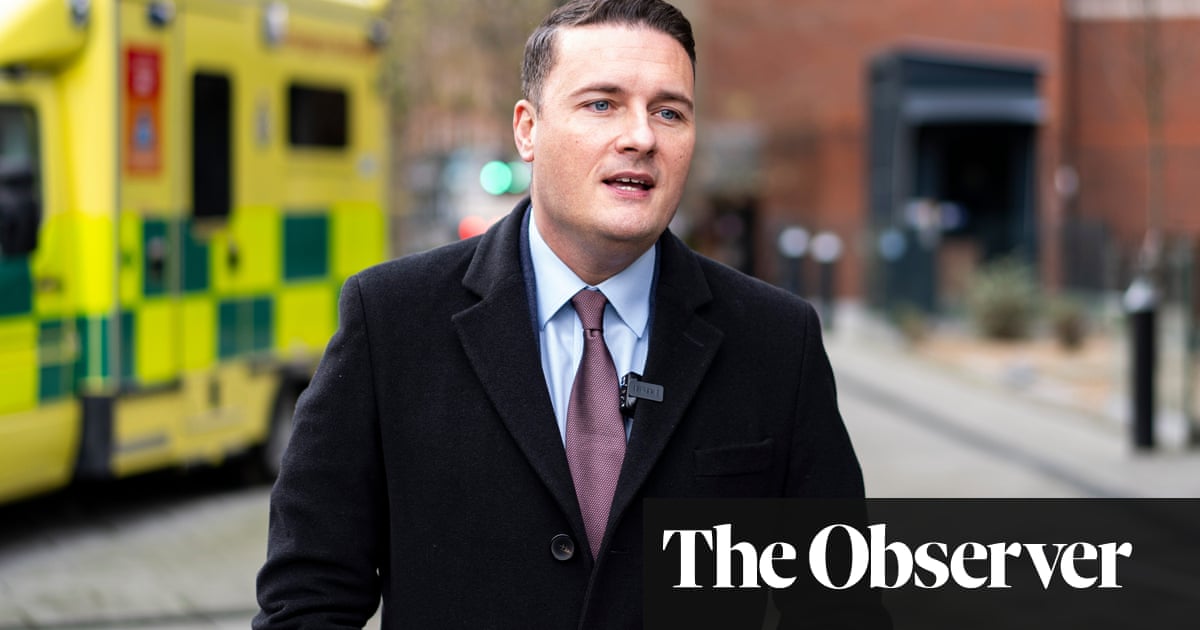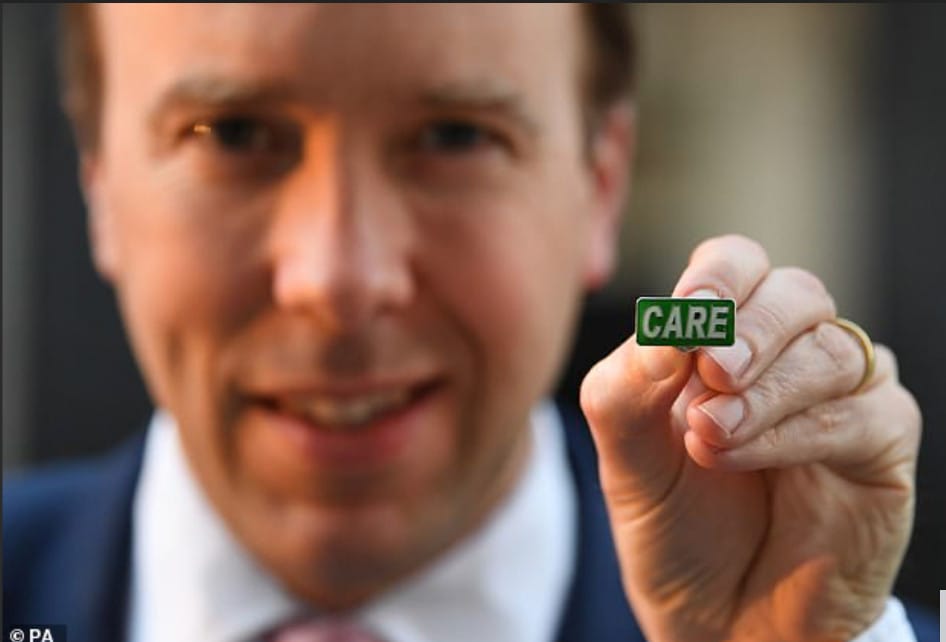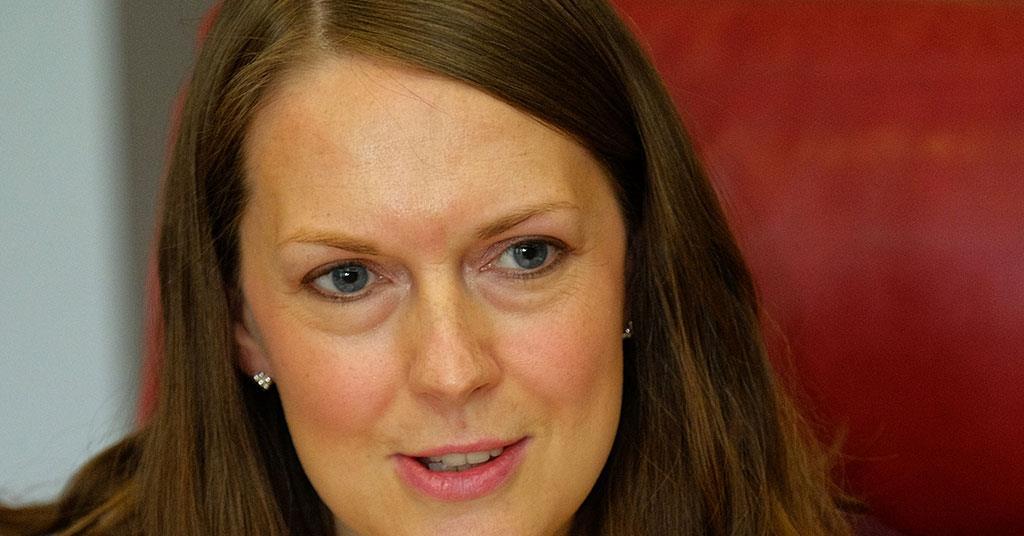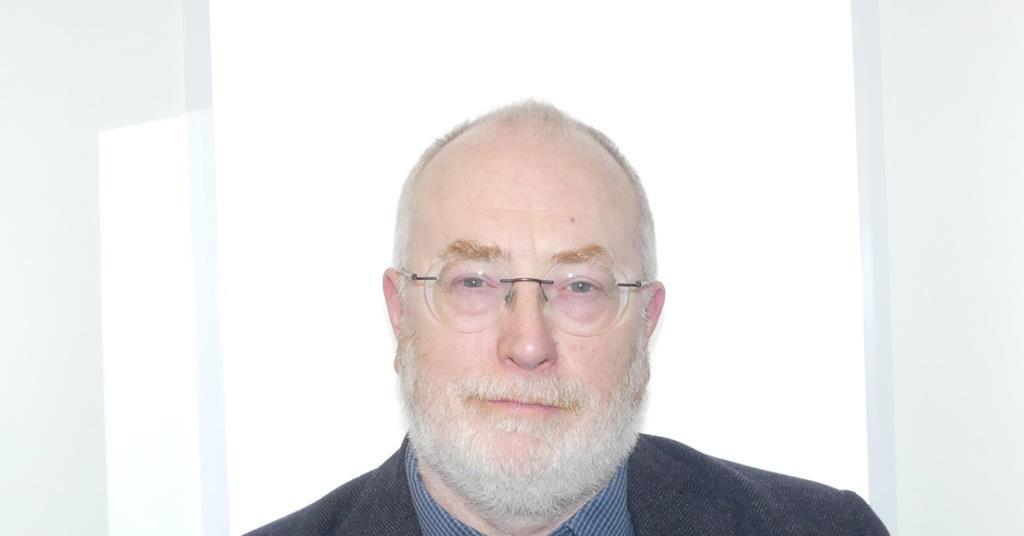Cowper’s Cut 356: Labour’s health policy relaunch and their Shatner’s Bassoon problem

If it’s early January 2025, then it must be Labour’s English NHS policy relaunch.

Clearly, this is perfectly normal behaviour for a government six months in, with a huge 174-seat Parliamentary majority.

Tomorrow, PM Sir Keir Starmer will give a speech about Labour’s NHS plans (a mere five months ahead of the publication of Labour’s NHS Ten-Year Plan), the contents of which have been briefed to the media pretty much wholeasale.
Insofar as much is new, there will be a move to direct GP referrals to diagnostic tests scans for a range of ear, nose and throat, gynaecological, urological, bowel and lung conditions, without seeing a consultant first. Health Service Journal has been briefed that “NHS England is set to commit to treating 65 per cent of elective patients within 18 weeks by next March”.
That is March 2026: don’t worry! (Yet.)

A briefing to the Boris Johnson Fanzine suggests that the Department For Health But Social Care hopes to see a million appointments drop off the RTT list due to remote monitoring of vital signs and to people opting out of outpatient follow-up appointments. Well, maybe.

Wonderfully, the briefing to the Sunday Times reveals that Wes Streeting has reinvented choice all over again. Yes, the choice everyone has already in theory had for many years. Naturally, there is not a single word on how this will be enabled or enforced.

GPs will get £20 a pop for using A&G for referrals, rather than A&E. According to The Observer’s Toby Helm, “ministers say that paying GPs to use the A&G scheme routinely could mean 800,000 additional cases are treated in the community every year. This could be by nurses in GP surgeries, in pharmacies or by physiotherapists.
“The £80 million cost of paying GPs for doing so will be taken from existing hospital elective care budgets.” Actually shifting resource to incentivise change: it’s a start. Albeit a start that followed repeated changes to how A&G was funded and worked, which weren’t too popular with GPs.
Thousands of patients will also be offered a ‘same-day service’, with follow-up consultations on the same day as their scans or tests, enabling more people to start treatment or get the all-clear quicker, The Guardian’s Andrew Gregory reports.
Erm, OK: so by whom and where will this new ‘same-day service’ be provided? Assuming that this is going to happen in The Real World, this will be nice for those thousands - but the total RTT waiting list is seven-and-a-half million, representing well over six million individuals.
And since many of those millions are waiting for diagnostic tests, then if genuinely new testing capacity is becoming available with this announcement, then it may be genuinely helpful. It is not yet clear whether such an increase in capacity is funded or planned, in the absence of which the waiting list will simply be massaged to leave people waiting in primary care, unrecorded.
Now, only a cynic could think that was the intention here.
And since I am widely known for my Micawber-meets-Pollyanna brand of health policy optimism, we’ll just have to wait and see if this happens.
A “major expansion of ringfenced elective capacity” will also be announced, which those of us with functioning memories will remember has been under way for some years, as part of the actual legacy from Simon Stevens’ 2019 NHS Long-Term-Plan-Ten-Year-Plan. Health policy recycling is good for us, innit.
A new independent commission on adult social care. Again.

Fantastic news!
Health But Social Care Secretary Wes Streeting promised Labour members some health policy surprises in the New Year on a conference call before Christmas, and, well …

Labour are going to set up a new independent commission on adult social care in England!
Mr Streeting’s comment piece announcing this in The Guardian suggested that “over the past 15 years, there have been plenty of good ideas for how to address this crisis, but a lack of good politics. This government is committed to doing politics differently.
“ … Previous reviews on different aspects of social care, including Andrew Dilnot’s work on care costs, will be fed into the commission. It’s fair to say that it won’t be starting from scratch.”

That’s a relief.
Independent commissions on adult social care always work terrifically well.

No, they do. If you want the issue kicked deep into the long grass, marginalised and ignored, then a commission is your man.
Sadly this isn’t to be the full Royal Commission - they’re gold standard for effectiveness and impact. But we can’t have everything.
The House of Commons Library briefing from 2017 is a good background read on the issues, as of course is Richard Humphries’ book.
Clearly, I’m no expert on the issues of social care: Richard is, and so is David Brindle. They will both give a far better-informed perspective than I can.
But one thing remains obvious: any finding or proposed solution that doesn’t look at how care is funded is not worth our time or attention.
The notion that the public want to pay much more taxes for public services (however provided) seems unlikely, as Dan Neidle of Tax Policy Associates’ March 2024 research on attitudes to increasing NHS funding showed.
Louise Casey is to chair this commission. That is potentially the good bit of this news: she has a reputation for straight talking, and is respected across the political divides.
Her background shows she can do tough jobs well: she was deputy director of the homeless charity Shelter (aged 25); head of the government’s rough sleepers’ unit in 1999, where she successfully led the strategy to reduce the numbers of people living on the streets by two-thirds; head of the national antisocial behaviour unit, the Respect taskforce and the Troubled Families programme; the UK’s first victims’ commissioner; and most recently, author of the independent report into the atrocious culture of the Metropolitan police.
She also has a reputation as someone who might go beyond her given brief ‘inadvertently’. This is just as well, because our dear friends the Treasury Munchkins have tried another of their classic ‘so big you could see it from space’ stitch-ups by making the commission’s main output arrive in 2028: a year before the next General Election (and in Mr Streeting’s Guardian piece, he tells us that “general elections are where plans for social care go to die”). This is a point in the electoral cycle at which cross-party consensus on any output is wholly improbable, and hard-to-reverse implementation of any legislation is wildly unlikely.
Louise Casey is a smart person, and she’ll have spotted all of this already.
Oh, and speaking of implementation, Andrew Dilnot’s appearance at the Health But Social Care Commons Select Committee on Wednesday should be fun.
Winter



And no, it is not caused by rising A&E demand.
Still, we can’t expect the national system to plan for a completely predictable annual event. That would be wholly unreasonable.
Labour’s Shatner’s Bassoon problem: let them eat Cake

The diagnosis is now clear: Labour’s health policy thinkers have a seriously deficient Shatner’s Bassoon.
The Shatner’s Bassoon is a fictional part of the human brain which determines people’s perception of time, and which according to Chris Morris’ publication in the 1997 peer-reviewed publication Brass Eye, was affected by the new rave scene psychoactive drug, ‘Cake’. Fuller details can be found here.
Labour seems to believe that they have plenty of time ahead of them to stumble accidentally on the right health policy solutions. This proves beyond reasonable doubt that their Shatner’s Bassoon is either defective or (due to chronic overconsumption of the deadly albeit fictional drug ‘Cake’) atrophied beyond the point of recovery.
Their perception of time is seriously lacking.
This is most evident in the presence as senior advisors of early 2000s retreads Alan Milburn, Paul Corrigan and John Oldham. The English NHS context and problems of 2025 are a quarter of a century further on from those which these three musketeers faced. None of these men’s public pronouncements on the English NHS of recent years suggest a strong understanding of its contemporary issues; nor is there to hand the economic growth to fund 6% real-terms year-on-year NHS budget cash growth to fund and lubricate change.
A second term for Labour in 2029 is very far from guaranteed. Labour’s policy planners and thinkers do not have the luxury of time that they appear to believe that they do. They had better wake up to this, and soon.
Recommended and required reading
Pertinent Guardian letter from Professor Gwyn Bevan about Labour’s health policy nostalgia for New Labour era targets and terror.
Bevan’s sometimes co-author Christopher Hood died this week: his work definitely should not. In particular, everyone should re-read their 2006 classic ‘What’s Measured Is What Matters: Targets And Gaming In The English Public Health Care System’ from Public Administration. Hood’s ‘Gaming In Targetworld’, from the same year, noted that “the central managers of the target regime did not put substantial resources into checking performance data, took reported performance gains at face value, and had no coherent anti-gaming strategy”. Food for thought, if anyone in NHS England did any thinking.
Useful piece by UHB’s Ahmad Butt in The Guardian about the (not actually very) new age of online medical misinformation by wellness influencers and suchlike buffoons.
Fine obituary of Michael Moseley by Phil Hammond.
Spot of good news on improvements in early cancer diagnosis from NHS England.









